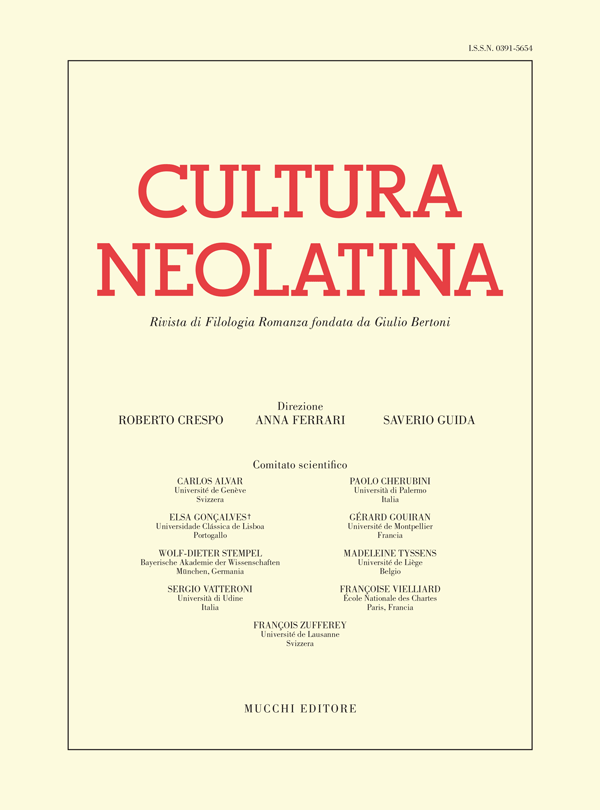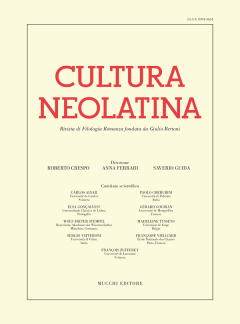The thirteenth-century Bible en françois attributed to Roger d’Argenteuil is known to have circulated in two distinct recensions. Where the ‘unabridged’ version combines biblical history with a short extract from the father-son colloquy known as Le dyalogue dou pere et dou filz, the ‘abridged’ version attaches a brief synopsis of the narrative material to much longer passages from the Dyalogue. This classification is challenged by Fairfax ms. 24 in the Bodleian Library, a fourteenth-century witness of the Bible of English origin that has been overlooked in scholarship. In reconciling Fairfax 24 with the wider manuscript tradition of the Bible in French and English, this article raises questions about the genesis of the Bible and the Dyalogue and, more broadly, about the utility of vernacular dialogue works in engaging late medieval audiences with Christian doctrine.
La Bible en françois, opera duecentesca attribuita a Roger d’Argenteuil, ci è stata trasmessa in due recensioni distinte. La versione ‘integrale’ unisce storie bibliche ad un breve estratto del colloquio tra un padre e suo figlio conosciuto come Le dyalogue dou pere et dou filz. La versione ‘ridotta’, d’altra parte, collega un riassunto del materiale narrativo a brani più lunghi del Dyalogue. Questa classificazione viene contestata dal ms. Fairfax 24 della Bodleian Library, un testimone della Bible copiato in Inghilterra nel sec. XIV, che è stato trascurato dagli studiosi. Cercando di conciliare Fairfax 24 con la tradizione manoscritta della Bible in francese e in inglese, questo saggio solleva questioni riguardo alla genesi della Bible e del Dyalogue e, più in generale, all’utilità di dialoghi in lingue volgari nel coinvolgere il pubblico tardomedievale nella dottrina cristiana.


